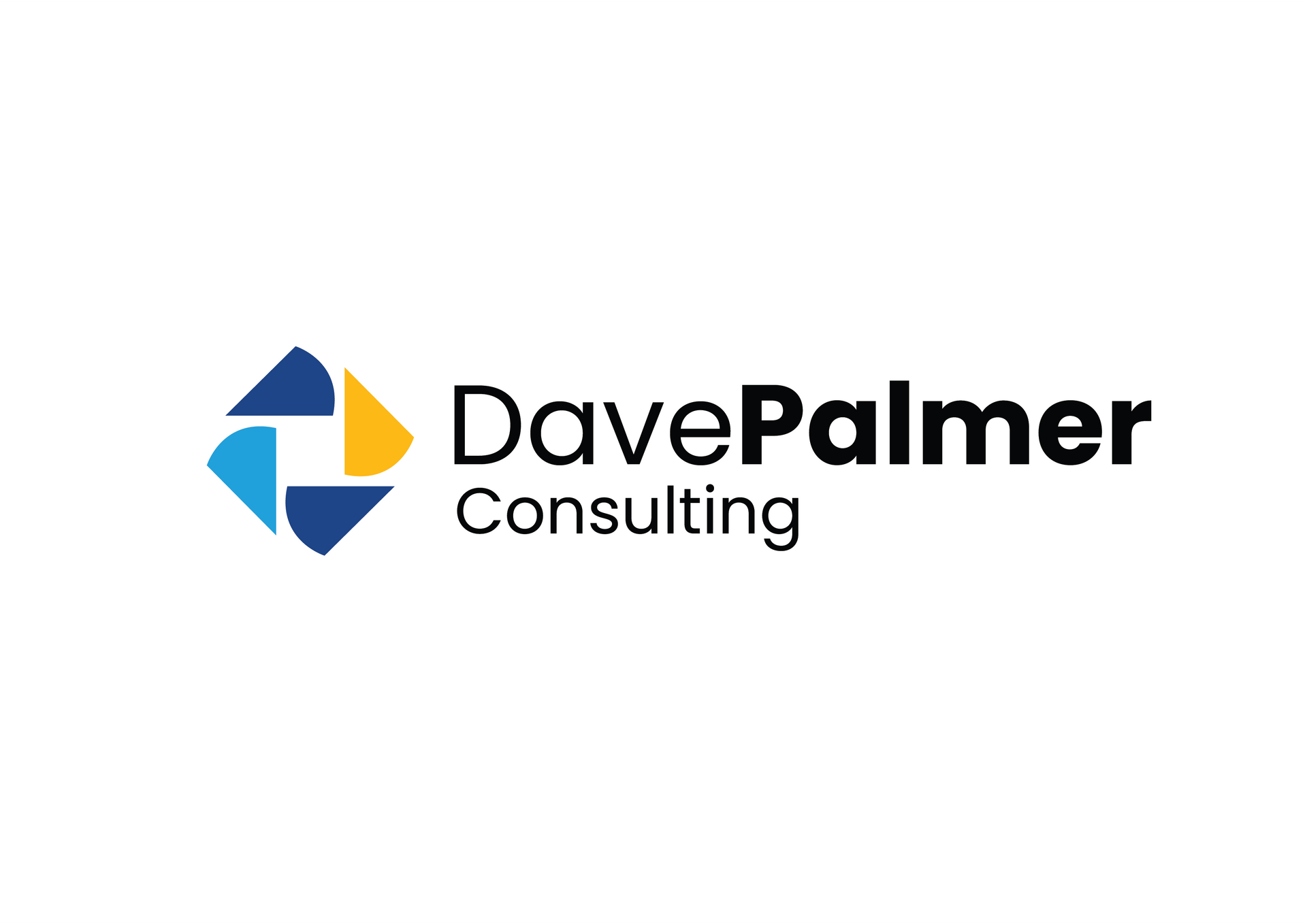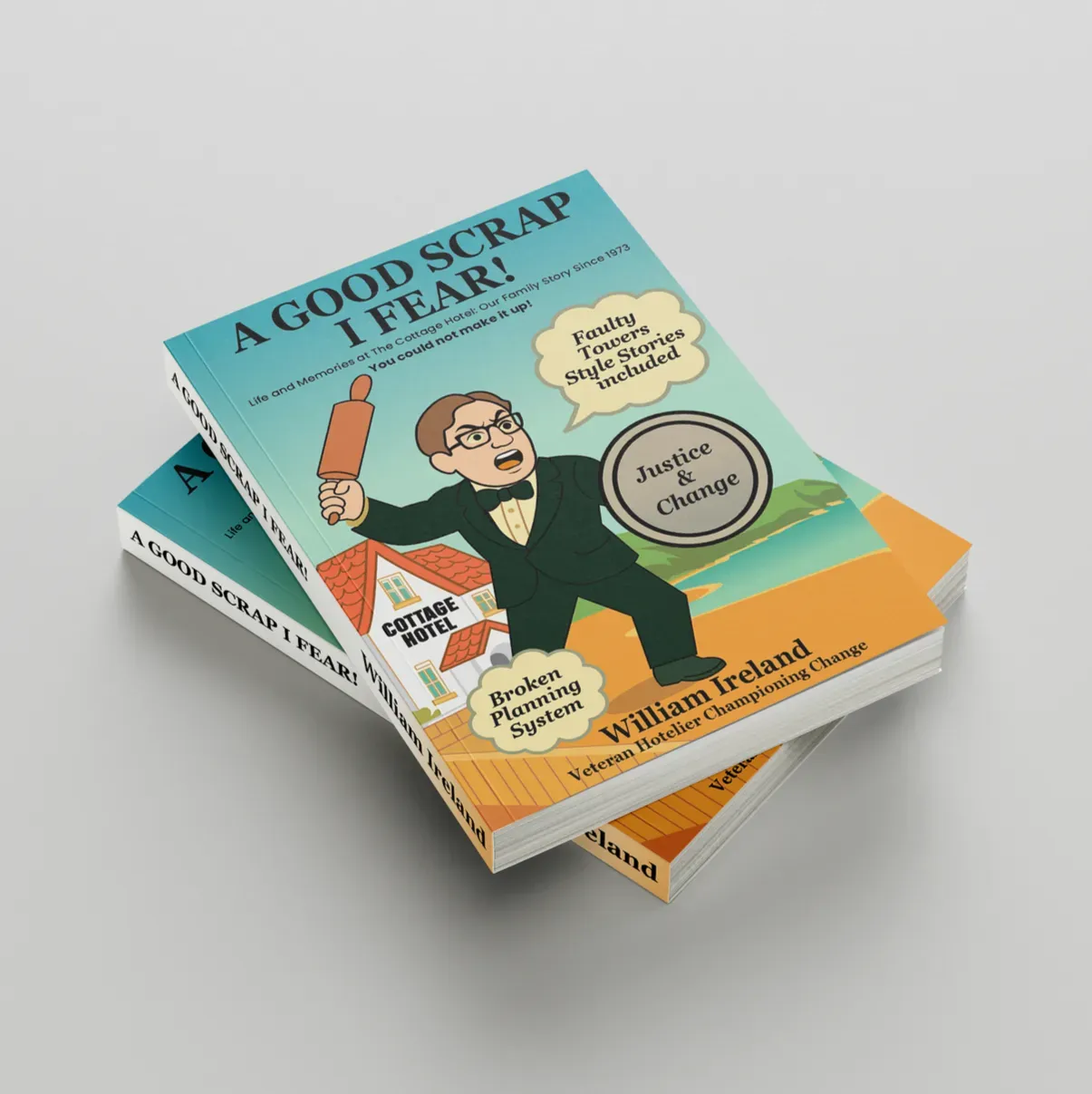7 Warning Signs Your Publisher Might Be a Scam
Publishing a book should be one of the most exciting moments of your life — the moment years
of work finally reach the hands of readers. But for too many authors, that excitement is crushed
by the harsh reality of dealing with a predatory or scam publisher.
These companies often hide behind slick websites, warm sales calls, and polished promises.
They know how to say exactly what a hopeful author wants to hear. But once they have your
signature and your payment, the reality often falls far short of the dream.
Dave Palmer knows this because he’s lived it. Before he became a best-selling author and
launched Dave Palmer Consulting, He was caught in the trap of a hybrid publishing company
that charged thousands and delivered very little in return.
Today, his mission is to help other authors avoid making the same mistake. Here are seven red
flags to watch out for — and how to protect yourself from them.
1. Vague or Overly Glossy Promises
If a publisher can’t explain how they will deliver on their claims, be wary. Scam publishers rely
on broad, exciting promises like “We’ll make you a best-seller” or “We guarantee worldwide
exposure” — but they often fail to explain the exact steps involved.
A genuine publisher will:
● Explain each stage of the process.
● Provide clear, realistic timelines.
● Be honest about what they can’t guarantee (e.g., bestseller status).
Dave’s tip: Always ask for real-world examples. “Show me exactly what you did for
another author” is a powerful question — and if they dodge it, that’s your answer.
2. High Upfront Fees Without Transparency
Some publishing models require the author to invest financially, and that’s not inherently wrong.
But a red flag appears when:
● Costs are bundled without an itemised breakdown.
● Services are priced far above industry averages.
● The publisher refuses to compare costs to hiring independent professionals.
Dave’s own experience included paying thousands for “marketing” that amounted to little more
than a generic press release — something that could have been done for under £100.
Average industry costs (for comparison):
● Professional edit: £800–£1,500 (depending on length and depth)
● Custom cover design: £300–£800
● Formatting: £150–£500
If a publisher’s package is significantly above these numbers without clear justification,
take a step back.
3. Unclear Contracts or Ownership Terms
Losing the rights to your own book is one of the most damaging mistakes an author can make.
Scam publishers may:
● Insert rights-grabbing clauses in complex legal language.
● Retain ownership of your ISBN.
● Control distribution in a way that prevents you from moving your book elsewhere.
Dave’s tip: You should retain full copyright and ISBN ownership unless you
knowingly choose otherwise. If the contract doesn’t say so plainly, get legal advice
before signing.
4. Pushy Sales Tactics
Legitimate publishers give you time to consider your decision. Predatory companies create false
urgency, using phrases like:
● “We can only take on two more authors this month.”
● “If you pay today, we can give you a special price.”
● “This opportunity won’t come around again.”
These tactics are designed to stop you from researching alternatives or seeking advice.
Red flag: If the offer is genuine, it will still be there tomorrow.
5. No Genuine Third-Party Reviews
Scam publishers may show testimonials from “happy authors” — but these can be cherry-picked
or outright fake. Before committing:
● Search for independent reviews on platforms they don’t control.
● Join online writing communities and ask about the company.
● Reach out to authors directly and ask about their experience.
Dave's Tip: A reputable publisher will have no problem connecting you with past clients for honest
feedback.
6. Lack of Industry-Standard Quality
A publisher’s portfolio should speak volumes. If their sample books feature:
● Amateur cover design.
● Poor layout or inconsistent formatting.
● Sloppy editing with obvious mistakes.
…it’s a sign they’re cutting corners. In today’s competitive market, presentation matters —
readers do judge a book by its cover.
7. Marketing That’s All Talk, No Action
Marketing is the most misrepresented part of publishing packages. Many scam publishers:
● Promise “placement” in bookstores (which often means simply listing the book as
available to order).
● Talk about “media outreach” without any concrete strategy or follow-up.
● Offer inflated expectations without providing past campaign results.
Dave’s tip: Always ask exactly what marketing services are included, how they will be
delivered, and how success will be measured. If they can’t show proof of previous results, it’s a
red flag.
How Dave Palmer Consulting is Different
At Dave Palmer Consulting, transparency isn’t optional — it’s the foundation of the business.
● No hidden clauses — every author retains full rights to their work.
● Clear, fair pricing — you know exactly what you’re paying for and why.
● High-quality results — editing, design, and formatting meet industry standards, every
time.
Most importantly, Dave treats every book as if it were his own — because he knows exactly how
much it means to you.
Final Word
If you spot even one of these red flags, pause and investigate before moving forward. The
wrong publisher can cost you money, time, and confidence.
Dave Palmer Consulting exists to give authors a safe, professional path to publication — one
where you stay in control and your book gets the care it deserves.
Quick Checklist: Spotting a Scam Publisher
● Promises are vague or unrealistic.
● Costs are high but not itemised.
● Contract terms are unclear or restrict your rights.
● Sales pressure is applied to make you sign quickly.
● No independent or verified reviews.
● Portfolio shows poor quality work.
● Marketing promises are vague or unverifiable.
















